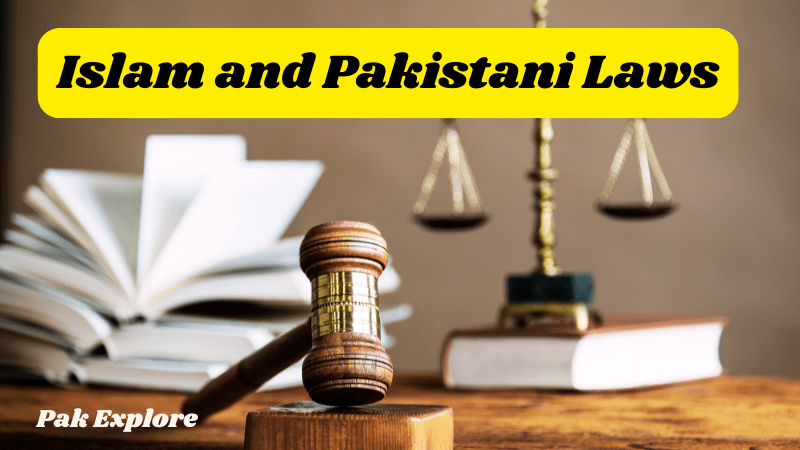Islam and Pakistan’s Laws: 6 Powerful Pillars Shaping Justice
Relationship between Islam and Pakistani Laws:

Application of Islamic Principles
The close relationship between Islam and Pakistani law is a prominent feature of Pakistan’s constitution and legal system. Pakistan was created as an Islamic Republic, in which the application of Islamic laws and principles is a fundamental point. The importance of Islamic Shari’a and the Constitution of Pakistan can be seen in the laws that have been made for the establishment of an Islamic welfare state.
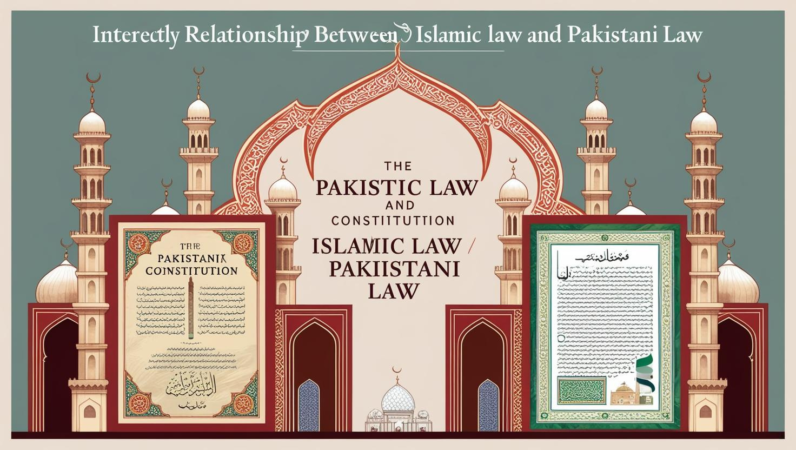
The application of Islamic laws and principles is a fundamental aspect of this vision. The Constitution of Pakistan explicitly acknowledges the sovereignty of Allah and declares that all laws must conform to the Quran and Sunnah. Key institutions, such as the Council of Islamic Ideology, ensure that legislation aligns with Islamic teachings, further solidifying the integration of Islam into Pakistan’s legal framework.
Table of Contents
Islam and Pakistan’s Laws: 6 Powerful Pillars Shaping Justice on youtube
Constitution of Pakistan and Islamic teachings
The purpose of the Constitution of Pakistan is to promote a social and legal structure based on Islamic principles, incorporating Islamic precepts into laws and national policies.

Article 2:
Article 2 of the Constitution of Pakistan specifies that Islam is the official religion of Pakistan. It is stated in the constitution that the state should try to ensure that all laws are compatible with Islamic principles.
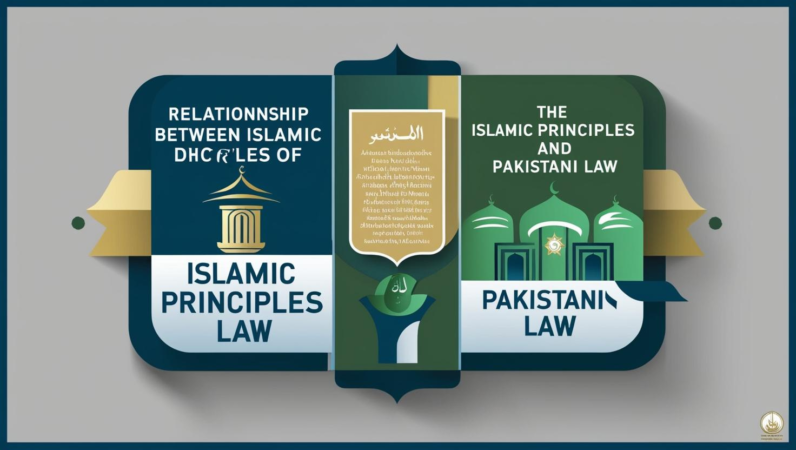
Article 31:
In order to promote the Islamic way of life, Article 31 of the Constitution enjoins Muslims to provide opportunities to live according to Islamic principles.
Principles of Quran and Sunnah:
The constitution also emphasizes that decisions should be made in accordance with the principles of the Qur’an and Sunnah so that Islamic social principles can be implemented.
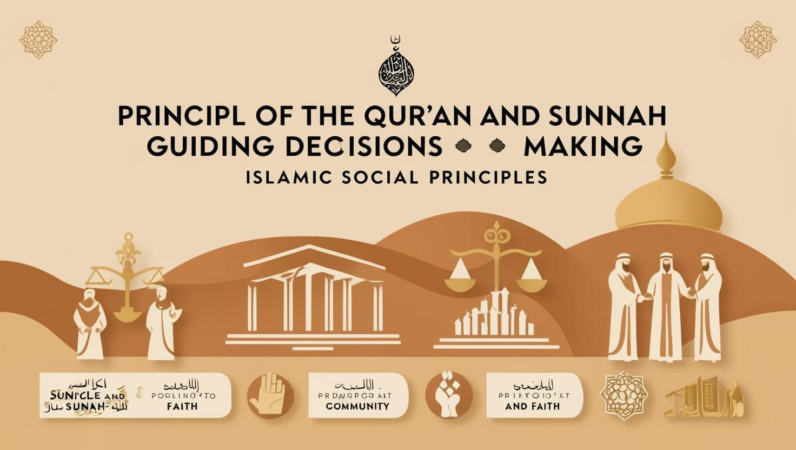
Implementation of Sharia law
Under the 1991 Shariat Act, an attempt has been made to bring the laws in Pakistan in line with the Islamic Shariat. If an existing law contradicts Islamic teachings, it is made in accordance with Sharia.

Statutes of Limitations
With the enactment of the Hudud Ordinance 1979, Islamic laws became part of the Pakistani legal system. These laws provided punishments for crimes such as theft, adultery, and drunkenness. The purpose of these laws is to curb social evils according to Islamic Shari’a.
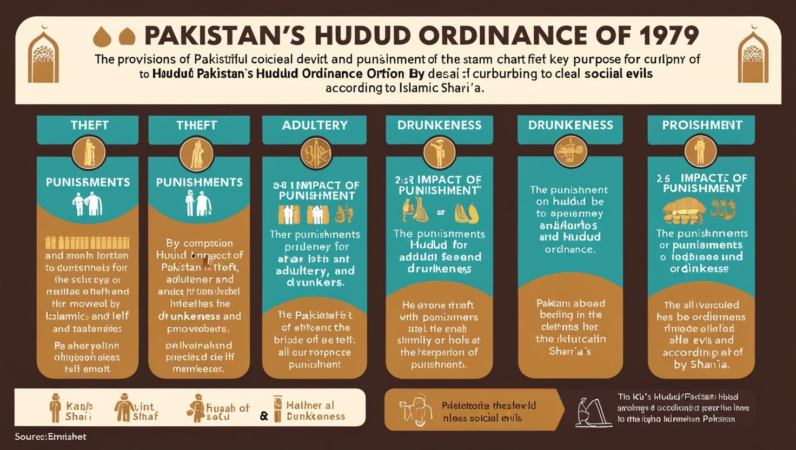
Laws of Adultery:
Adultery laws prescribe severe punishments according to Islamic principles, in which legal evidence and Sharia principles are important.
Drinking Rules:
Drinking alcohol has been declared an un-Islamic practice and laws have been made against it.
System of Zakat and Ushr
Zakat and Ushar Ordinance 1980 legalized the principles of Zakat and Ushar. Zakat is collected from Muslims and used to reduce poverty, which is considered an important step towards the establishment of an Islamic welfare state.
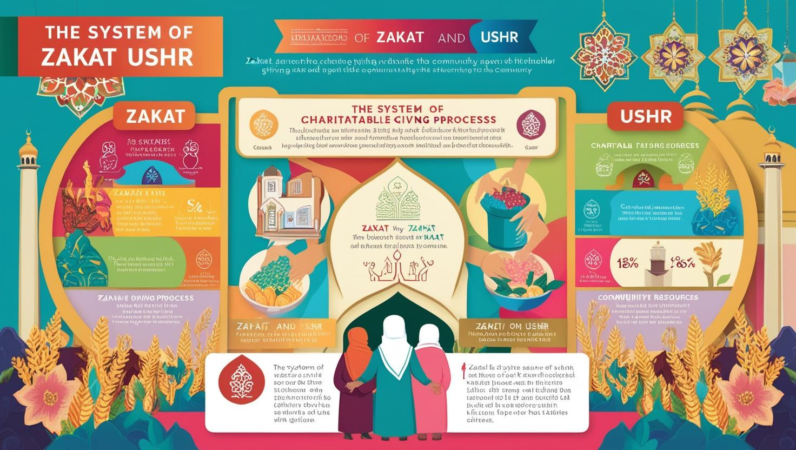
Nizam Adal Regulation (Malakand, Dir and Swat)
In 2009, the Nizam Adl Regulation was implemented, under which Qazi courts were established in accordance with Islamic Sharia in certain areas of Malakand Division. The purpose of this law is to provide justice to the people there according to Islamic principles.
Laws of Inheritance and Marriage
Islamic Principles of Inheritance:
In Pakistan, inheritance is divided according to the principles of the Quran, with male and female shares determined according to Islamic inheritance principles.
Marriage and Divorce:
Marriage and divorce laws are also based on Islamic principles, where a guardian’s permission and payment of dowry are required for marriage. Divorce rules are also determined according to Sharia.
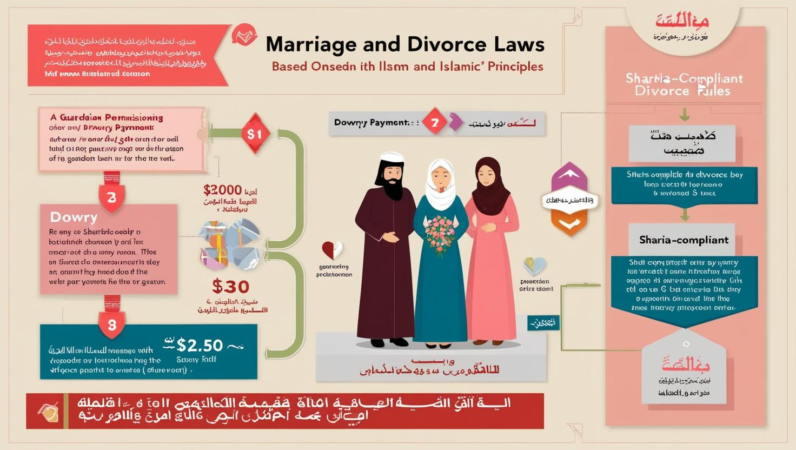
Rules during Ramadan
During the month of Ramadan, there are rules to respect Islamic principles. Respecting the prohibition of eating and drinking in public places and fasting during Ramadan is mandatory in the light of Islamic teachings.
Blasphemy laws
Blasphemy laws were enacted in the 1980s, which are important for maintaining the sanctity of Islam. Under these laws, severe punishments have been laid down for insulting any Islamic holy figure.
Islamic banking system
Islamic banking system has been introduced in Pakistan, in which banking is based on interest-free financial system. Islamic banks follow the principles of mudarabah and musharakah.
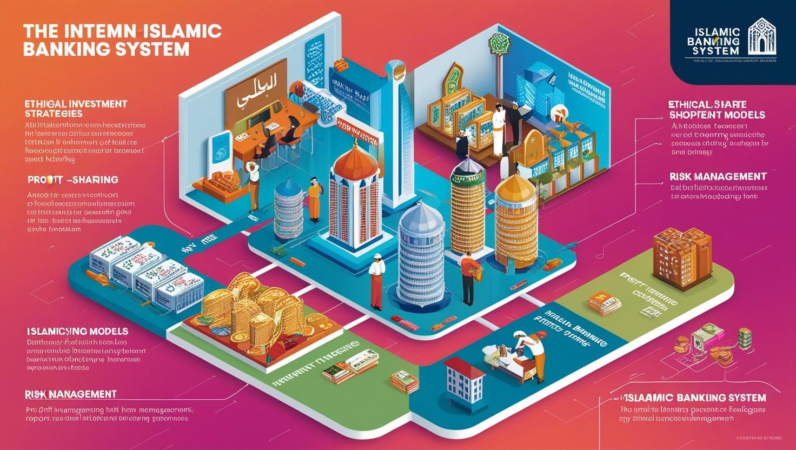
Challenges in Balancing Islamic Law with Modernity
Reconciling Islamic law with modernity in Pakistan is a complex process. Along with adherence to the principles of human rights at the global level, the economic effects of systems like Islamic banking also have to be brought forward.
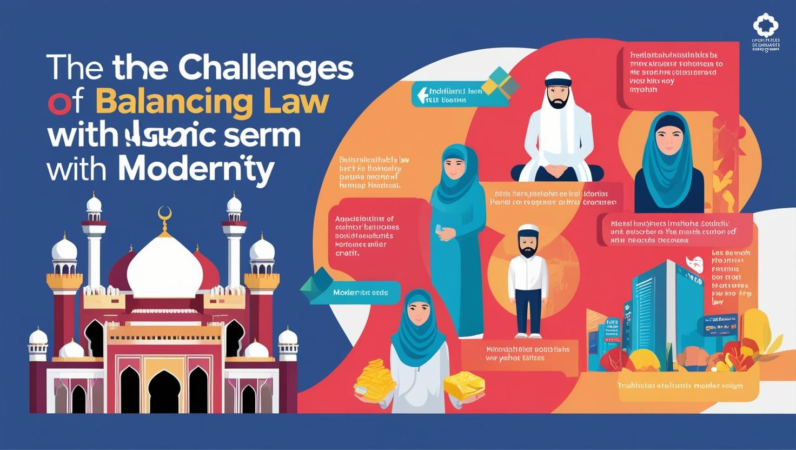
Along with this, it is important to maintain legal compliance with modern legal requirements so that traditions and Islamic teachings are not neglected in Pakistan. In this regard, the role of scholars and legal experts is important, who can formulate principles that will help Pakistani society to move forward in accordance with Islamic values.
The result
The close relationship between Islam and the laws of Pakistan is evident in the Pakistani social and legal structure. The Constitution of Pakistan is based on Islamic principles, and various laws incorporate Islamic teachings. These laws hold an important place in the social and legal system of Pakistan for the establishment of an Islamic welfare state.
۔۔۔۔۔۔۔۔۔۔۔۔۔۔۔۔۔۔۔۔۔۔۔۔۔۔۔۔۔۔
You May Also Like:
